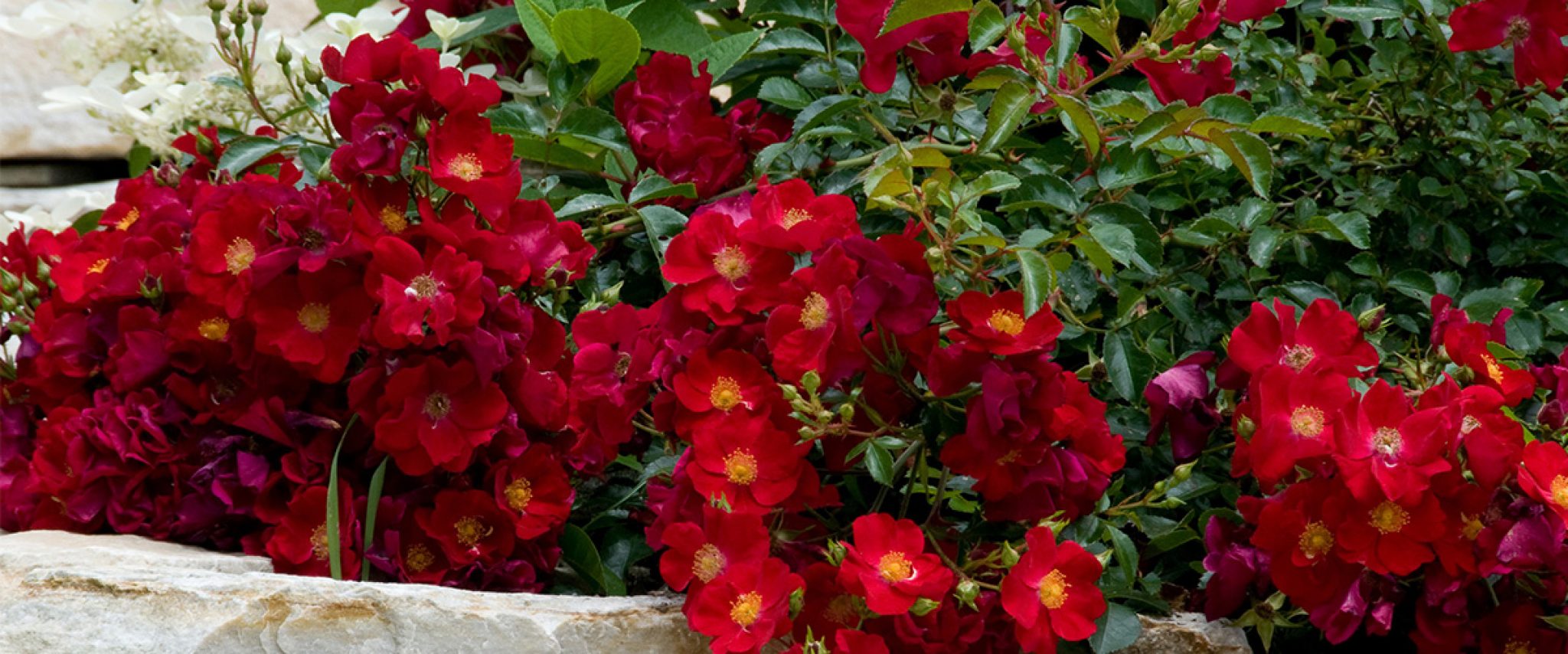
Family Love
Without getting too nerdy here, roses are part of a family called Rosaceae which includes 4,828 known species in 91 genera. This means that our favorite Valentine bloom is essentially a kissing cousin to many other plants. This includes the fresh, juicy, yummy apples, pears, quinces, loquats, almonds, and peaches. Plus, apricots, plums, cherries, and lots of the berries that we love to eat. If a vase of roses and some strawberries speaks to your inner Valentine's Day, romantic, nature is ahead of you!
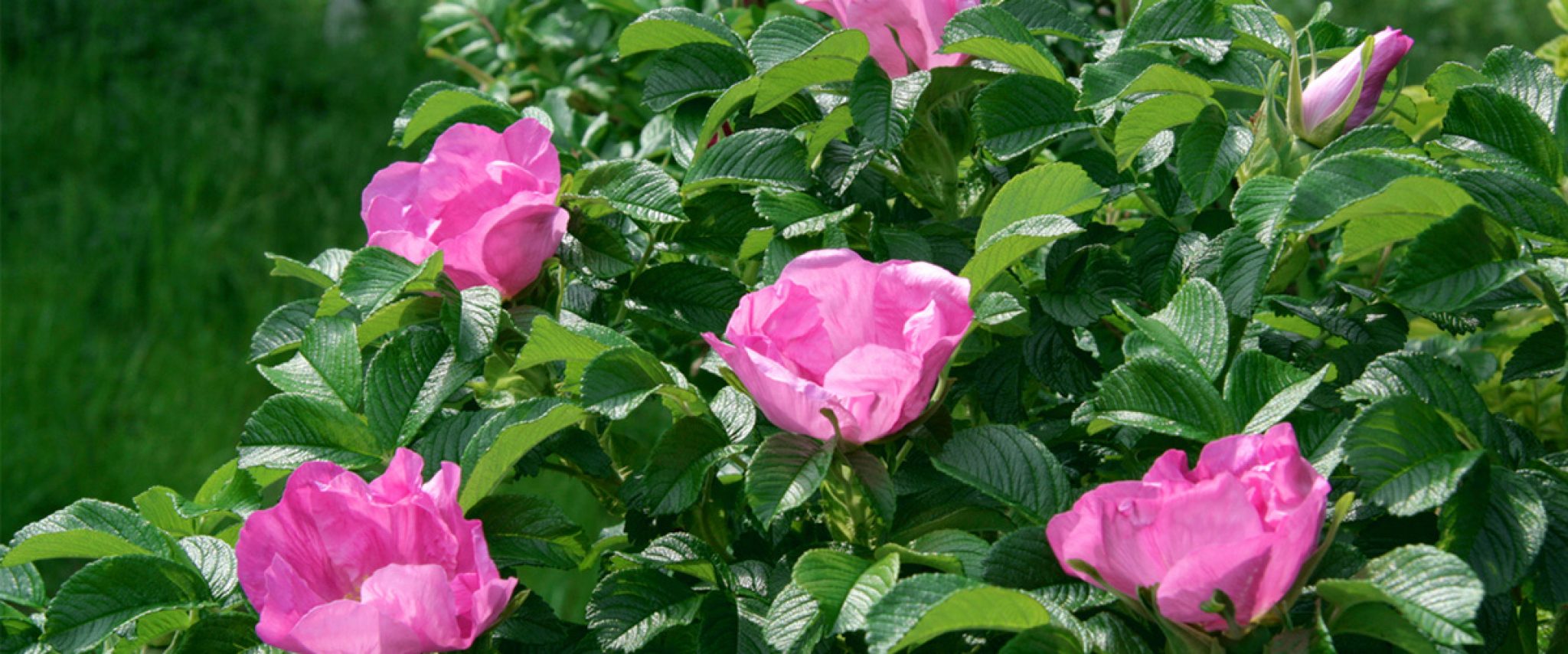
Endless Love
After a fossil of a rose was discovered in Colorado, archaeologists determined roses have existed for more than 35 million years. (Mummies found in both North American and in Egypt and dating back 10,000 years were adorned with garlands of roses. Yep, they've been popular for a very long time.) Some wild roses (like this Rosa rugosa or "beach rose") are native to North America. They are one of the oldest species found on the globe.
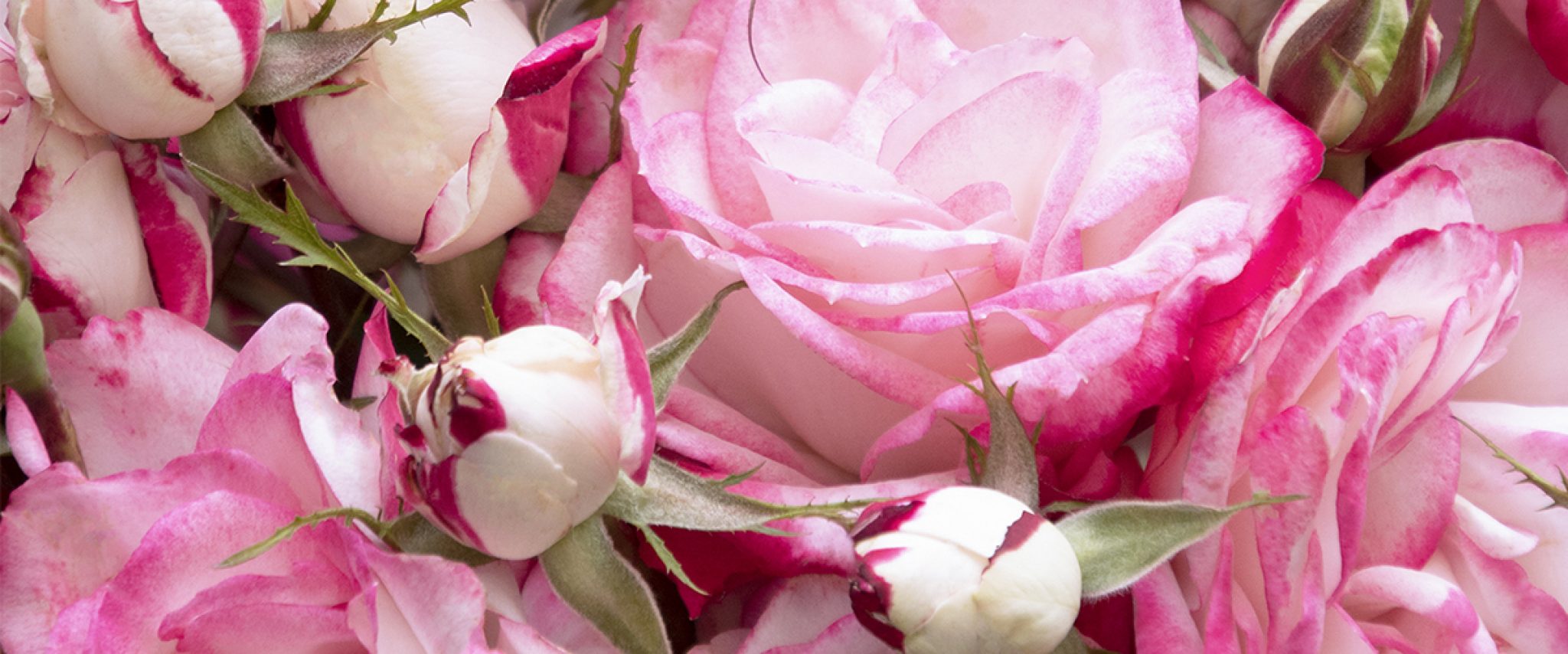
Big Love
Legend has it Cleopatra, so besotted with Marc Antony, welcomed him to a bedroom filled knee-deep in fresh rose petals. (We did the math–a room 50’W x 50’L filled with petals up to 4’D would require about 20,000 roses!)
Coming in a close second is the King of Sweden. He sent Sweden's future Queen a dozen yellow roses every day during their four-year romance. That adds up to 1,461 dozen . . . or 17,532 individual flowers.
Of course, a perfect dozen also speaks volume. Better yet, a rose shrub that will yield dozens of blooms year after year. (We pulled apart a few Grace N’ Grit™ Pink BiColor Shrub Rose flowers. These averaged 25 petals on each bloom–just in case you plan a grand gesture of your own!)
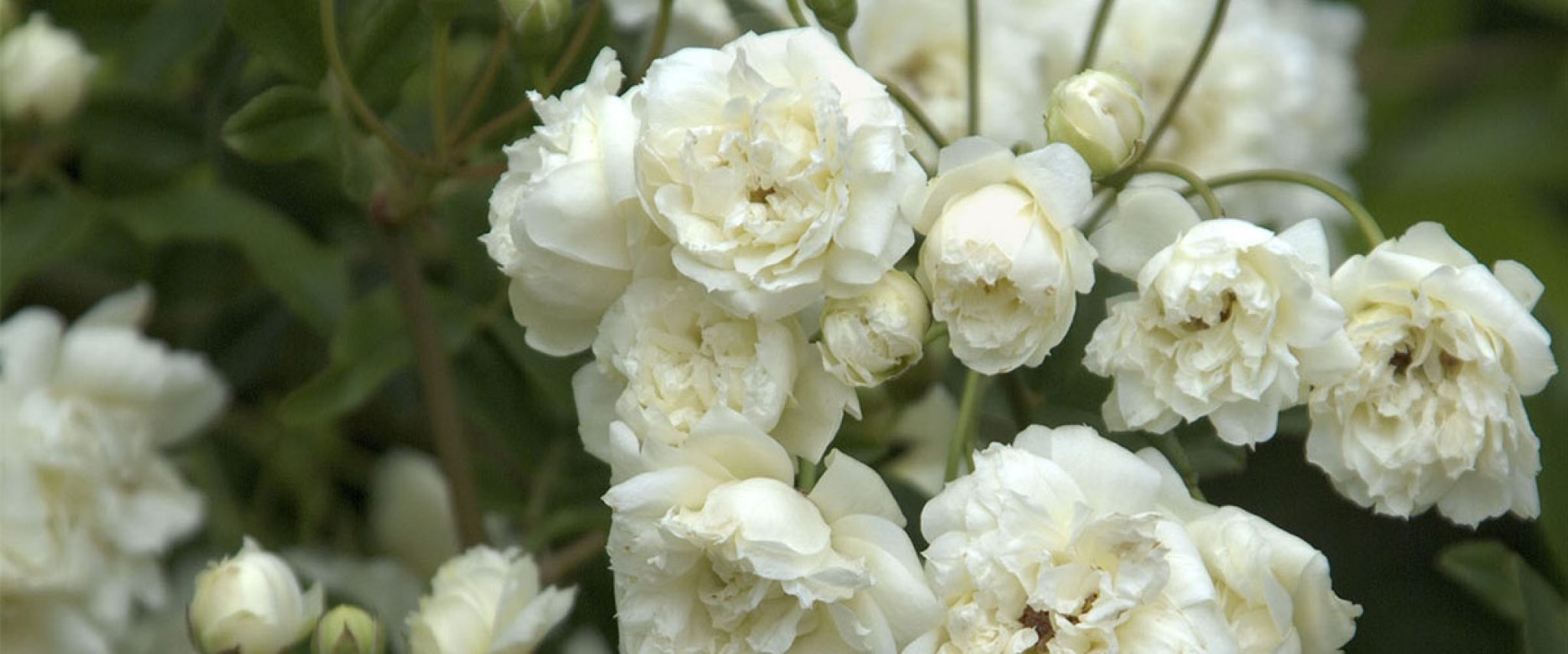
Eternal Love
The world’s largest rosebush, a white ‘Lady Banks’, located in Tombstone, AZ, has bloomed every year for 133 years. Planted in 1886, its trunk is greater than 6 feet in diameter. Its branches form a shady canopy that covers nearly 9,000 square feet. That’s large enough to shelter a crowd of 150 people! (Yes, they do host weddings…)
Rosa ‘Lady Banks’ is a once-a-season bloomer that’s very easy to grow on a tall fence or arbor. Oh, it also comes in yellow.
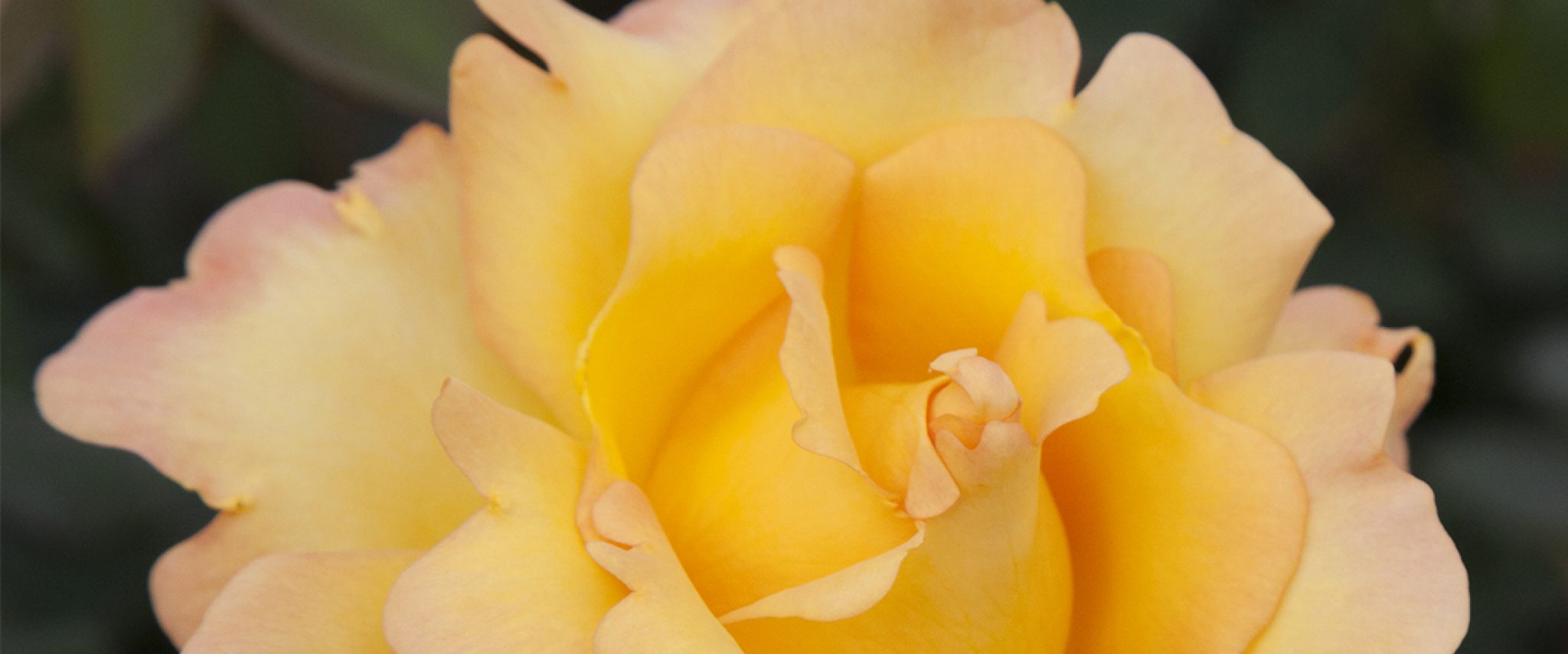
Love is Lovelier...
…the second time around! Did you know that you can revive cut roses when their little petaled heads are sadly hanging down? (This is caused by air traveling up the stems, blocking uptake of water.) Cut the stem ends at an angle. Then dip the fresh cut end briefly in one-inch of boiling water to release trapped air bubbles. Then quickly move cut stems to very cold water, and let them stand for an hour. Those long-stemmed lovelies should get fat and sassy all over again.
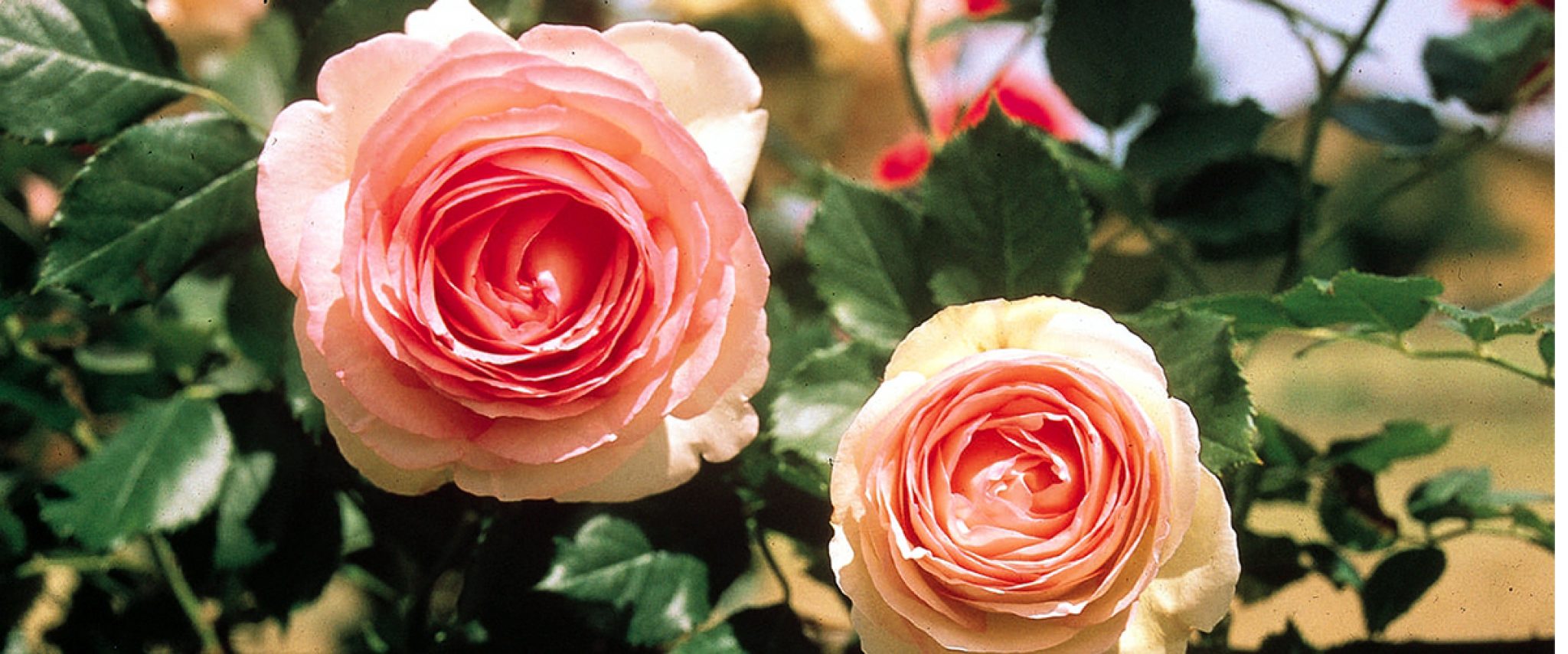
Crazy in Love
Rose-mania reached its zenith in the 17th and 18th centuries. The blooms were in such high demand that royalty considered roses or rose water as legal tender. They were often used as barter and for payments. In the early 1800, France's Empress Josephine issued a standing order to the French Navy. It was to confiscate any rose plants or seeds found on enemy ships. (She would have loved ‘Eden’ rose, a French hybrid with a soft, sweet fragrance!)
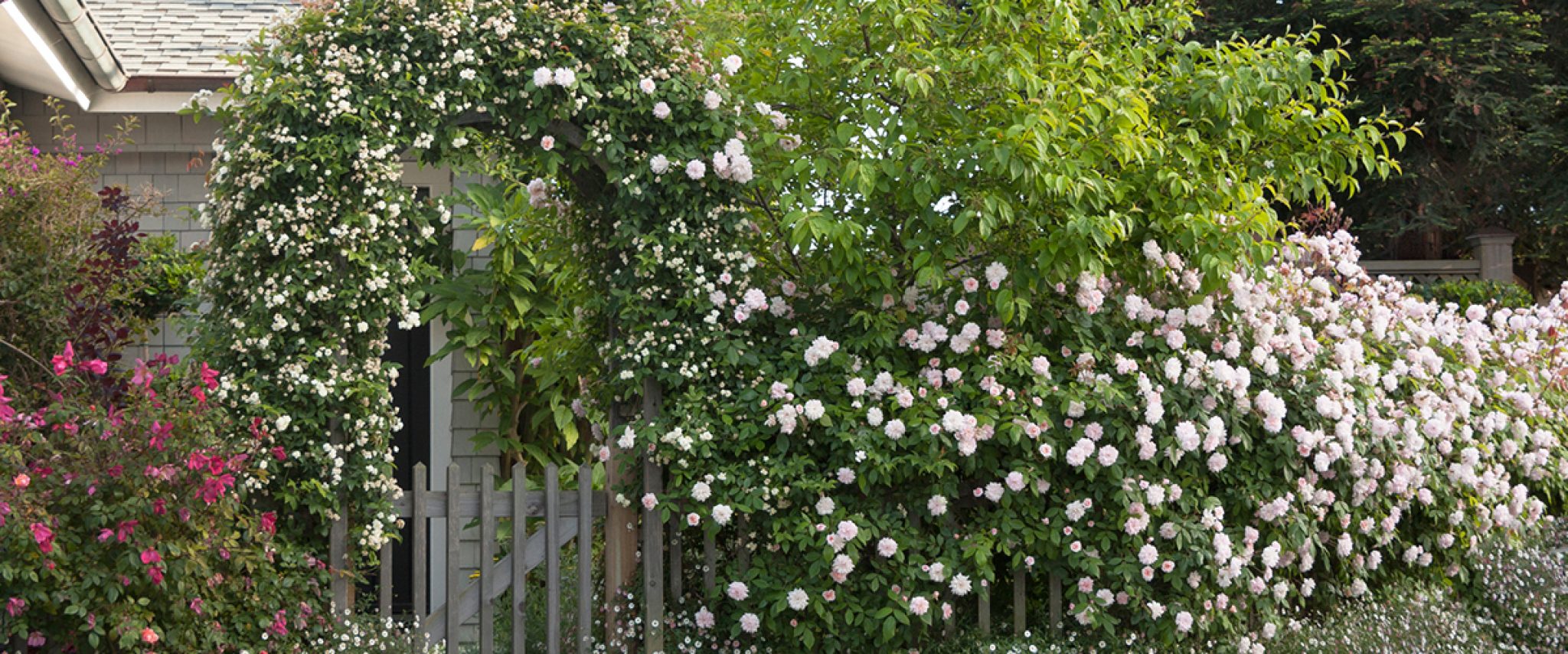
Addicted to Love
Today, more than 150 million rose shrubs and climbers are purchased by gardeners worldwide each year. (Fess up–how many have you bought in the last few years? Me? SEVEN, including fragrant flower factory Cecile Brunner Climbing Rose shown here.)
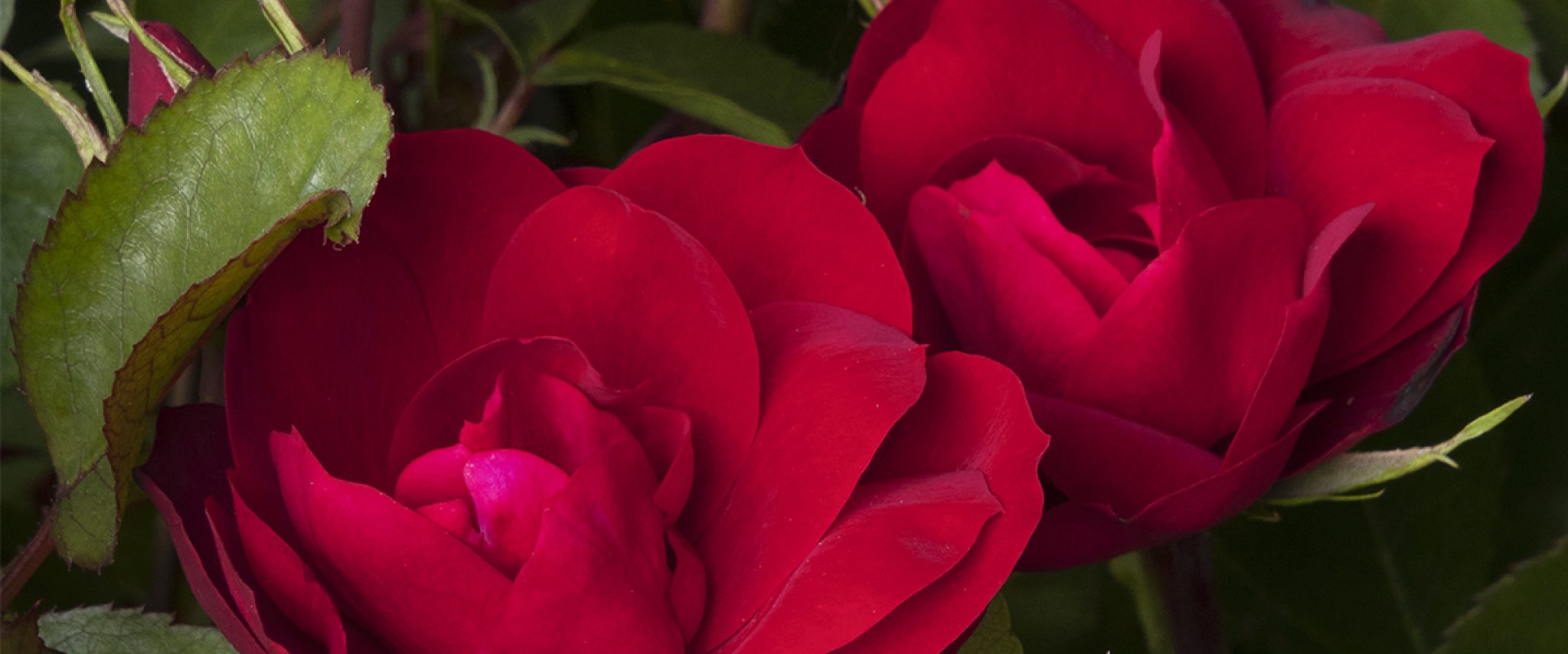
Love for the Ages
Roses are tricky to categorize, but are typically divided into three groups. The Modern Garden Roses, Old Garden Roses, and Wild Roses.
- Modern Garden Roses are varieties bred after 1867. They bloom continuously, with a larger bloom size, and, in the case of hybrid tea roses, longer vase life. Newer varieties such as Grace N’ Grit™ Red Shrub Roses are light on fragrance, but quite disease resistant.
- Old Garden Roses pre-date the hybrid tea rose. They are known for strong fragrance, high petal count, disease-resistance, and cold hardiness. They bloom just once year, typically in summertime.
- Wild Roses are super hardy and can typically survive on minimal maintenance. The five petal and five sepal flowers bloom in early summer on shrubs. These can grow quite large, and may even form thickets.
Next up? Look for newer roses over the next decade that combine the best of all these traits.
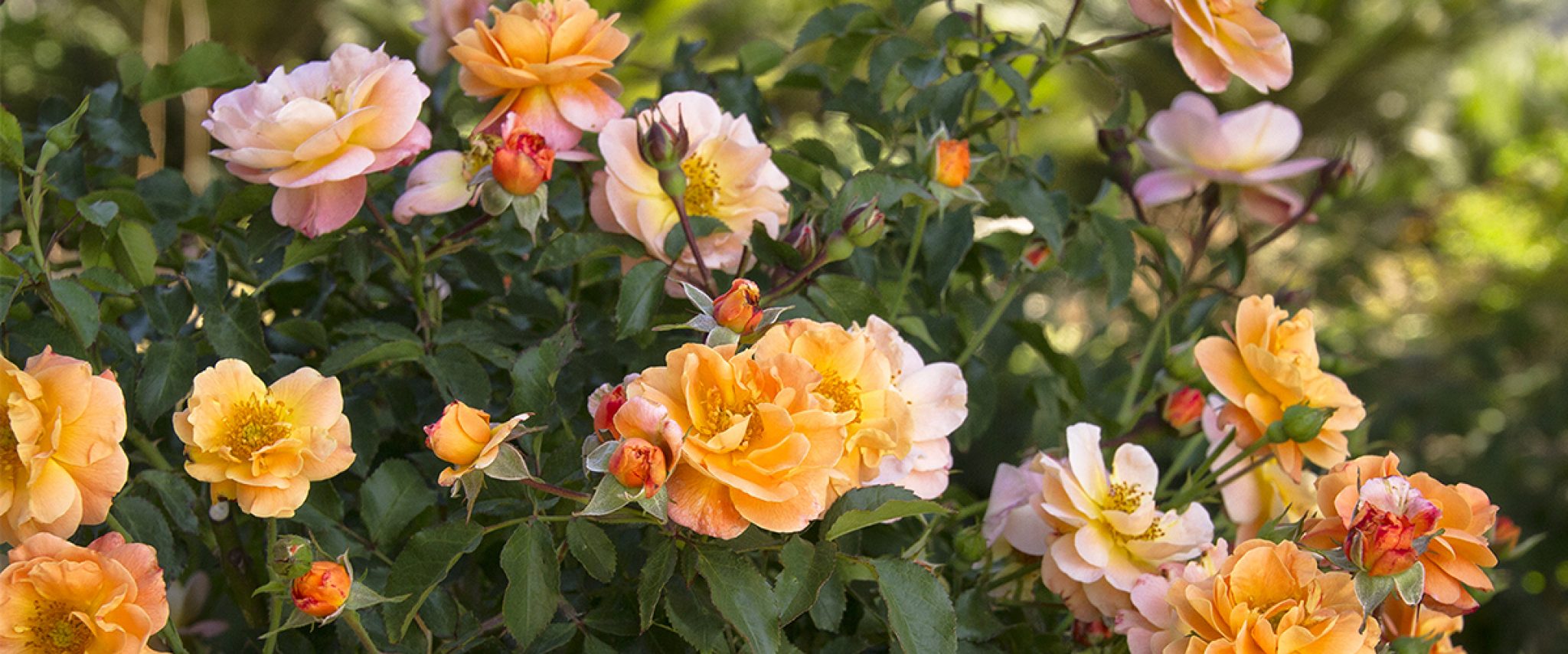
Love Child
Botanists have discovered more than 350,000 different species of flowering plants around the globe. Of that number, more than 150 species are roses (few of which are grown today). From which more than 30,000 different varieties have been created. THIRTY THOUSAND!
Imagine then the number of possible genetic combinations for making new roses? But here’s the reality–the odds are about 100,000 to 1 that any specific cross-fertilization will produce an outstanding new rose. Doesn’t that make you love the roses you grow even more?
(Flower Carpet® Amber Groundcover Rose shown here is a modern rose that blooms non-stop and has a wonderful fragrance.)
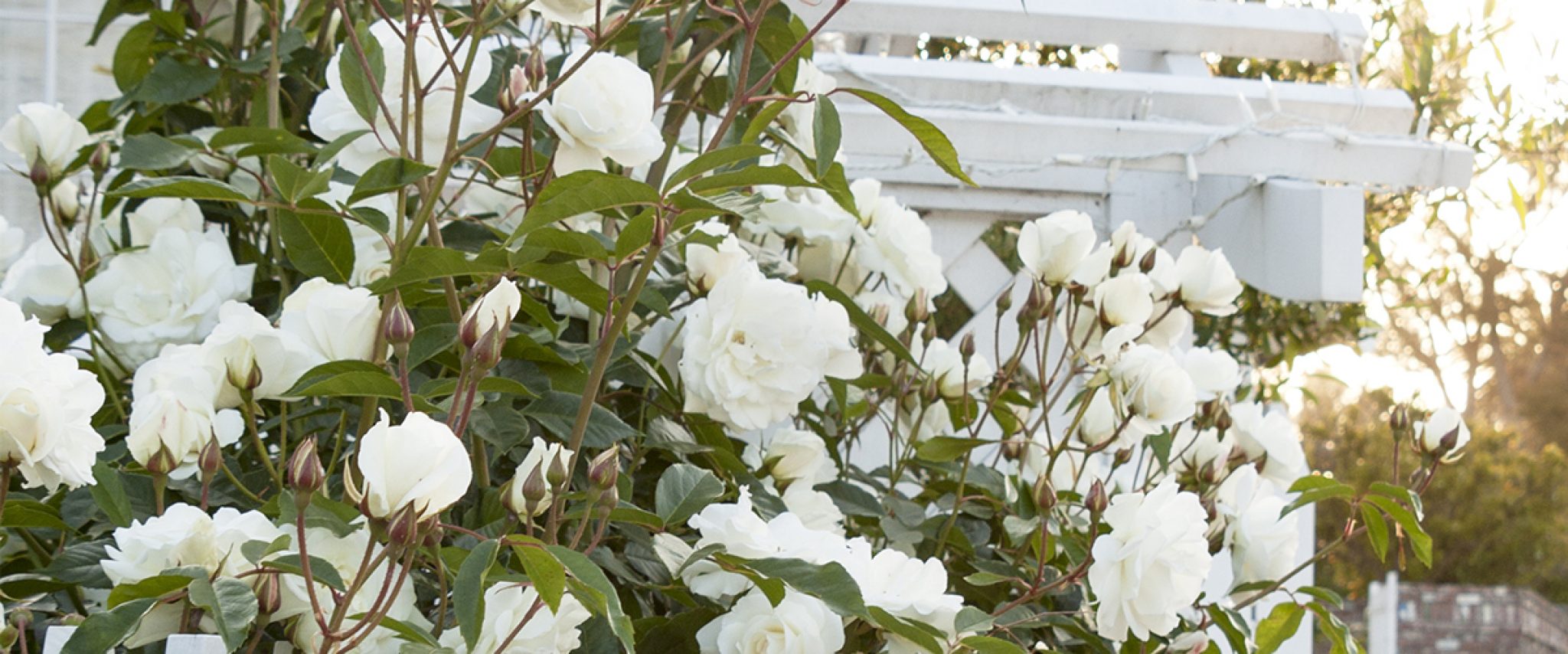
Love Match
Roses are the gift the keeps on giving! As if the beautiful blooms weren't enough of a gift from nature, we have rose hips. (The round portion of the rose flower just below the petals left on the plant after blooming.) These contain more vitamin C than almost any other fruit or vegetable. (Leave faded blooms on roses like ‘Iceberg’. Then be treated to a large crop of hips to use in jams, jelly, and teas.)
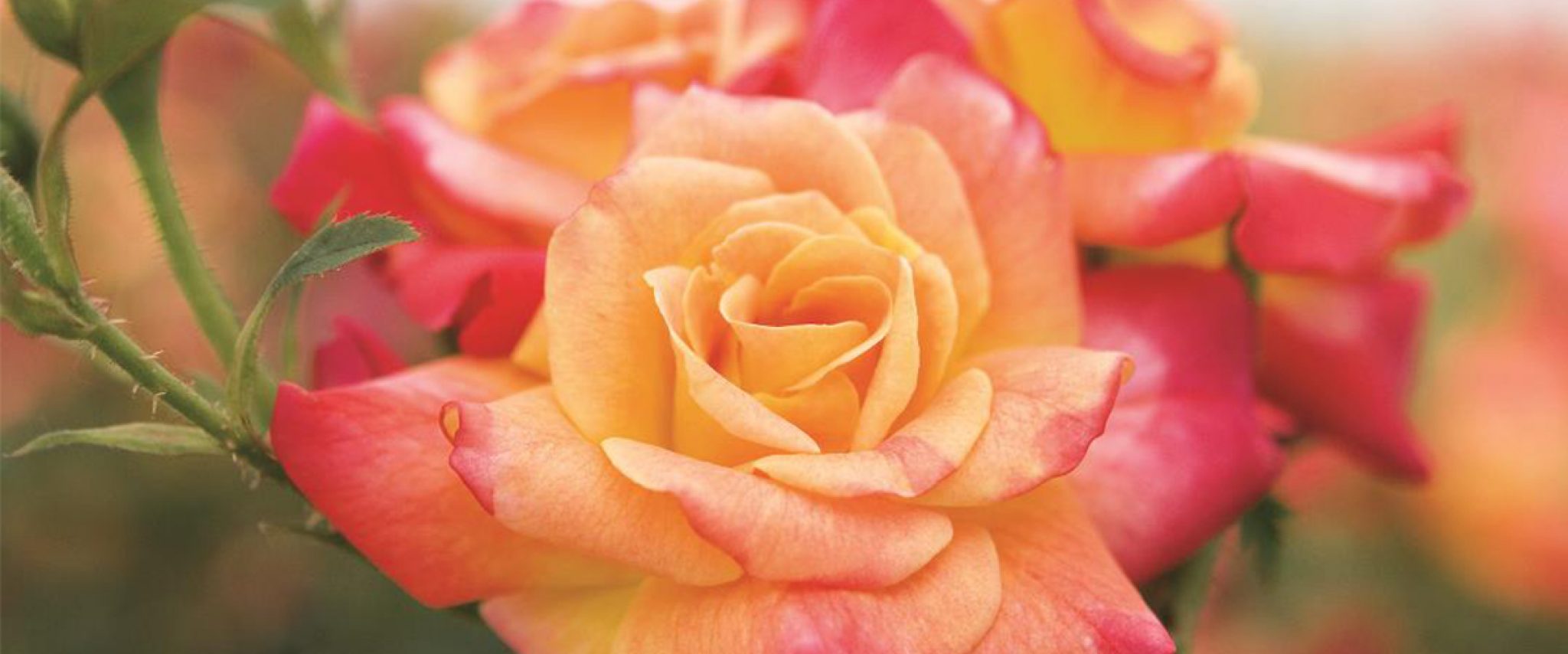
Love Song
Here’s another fun number to consider–there are (at last count) more than 4,000 songs written about roses. That’s a lot of potential for romance! What’s your favorite song about roses? Share below.
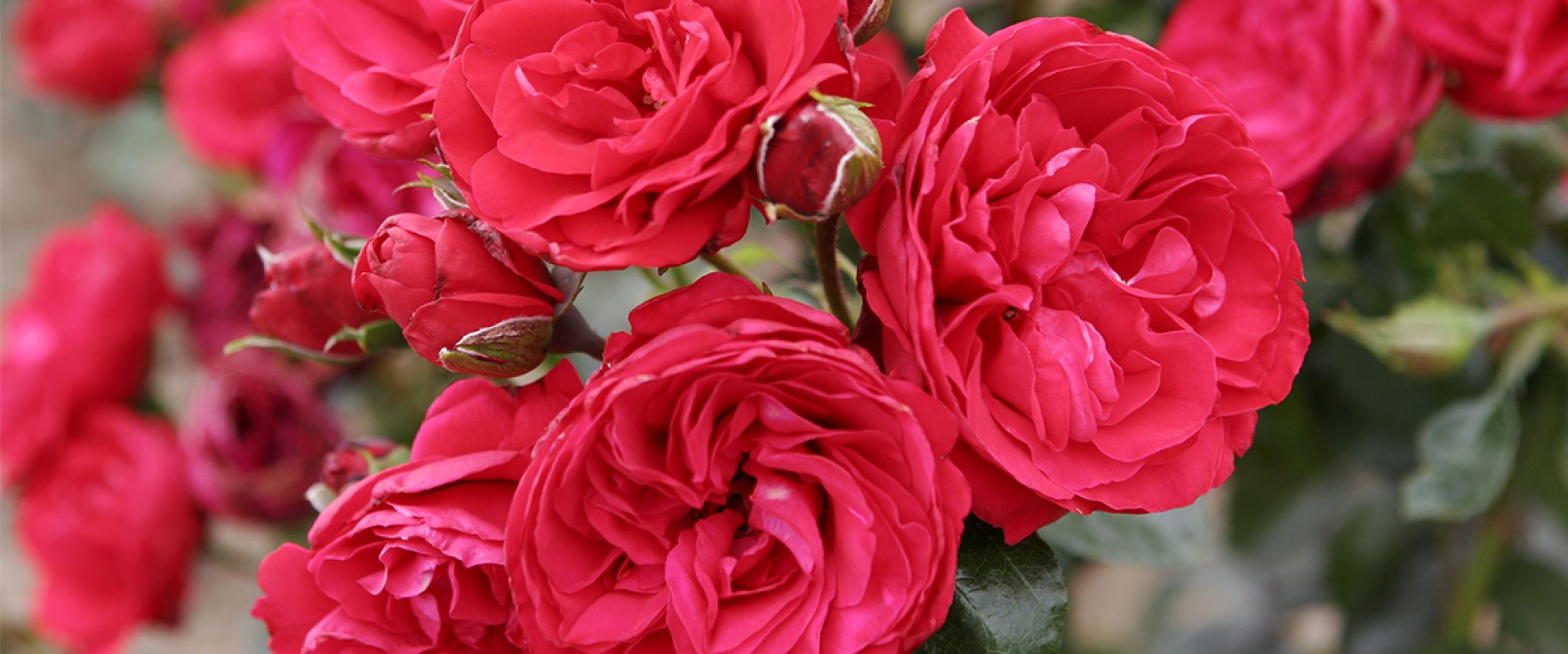
Love Hurts
Many of the newer roses have smooth stems. Whereas others are covered in thorns which are in fact technically called "prickles". These help roses to climb and attach to other plants and are intended to help to deter herbivores. Of course, many deer have no issues with these sharp hooks whether called thorns or prickles!
The oh-so-memorable scent of the rose comes from microscopic perfume glands on the petals. And, it takes more than two thousand roses to create just one gram of rose oil to make perfume. Isn’t nature just so awesome?!

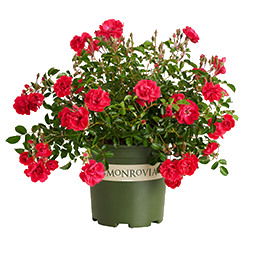



Please login to comment.
Don't have an account?
Sign Up for free